On Solitude
A communion with oneself…. A state of being alone within the confines of one’s self-consciousness…. A singular moment of intimate encounter with one’s soul…. A spontaneous course that takes one to the infinite terrain of her/his inner space….
In most instances we don’t purposefully get into it. There just seems to be some potent energy that pulls us into solitude and settles our minds in it to better understand ourselves as well as certain circumstances in life and the particular space we have in them. It is a mental state that seeks respite and tranquility. Hence, to be in solitude in this sense is a natural impulse.
Solitude has a degree of depth and intensity that leads fragments of experience to converge at a point of meaningfulness and enhanced awareness. In many instances, solitude heads towards enlightenment and the emergence of new insights. It is a moment that renews and refreshes one’s being in the silence of the heart.
In solitude we know ourselves much better as the moment leads us away from what we think we should be in the presence of the others. It is a vital opportunity for one to veer away from the expectations of other people. Solitude endows us with a rare chance to examine ourselves and the events of our lives without the fear of being observed from the outside. It is a one-on-one dialogue with one’s very own self where there is nothing to hide. One’s state of solitude is a moment of truth. It is an integrating point in time that in one way or another brings one’s humanity its fullness, not in the sense of perfection but in the realization of an innate power to face the complexities of life with renewed care, commitment, courage and creativity.
In solitude we find ourselves more concretely experiencing the essence of personal and individual freedom which, in many instances, is lost in a flurry of social commitments, demands and pressures. We are too socially (even, too politically) attached most of the time, and the whole situation hurts the very human in us as the will is lost in the frenzied commotion of the chaotic crowd.
Social attachment seems to be as inherent as our existence. We generally see ourselves as perennial social beings, and extraction from it is a settled preclusion. The human will is hence inseparable from its social location. We have deemed it a given that society is our ontological arena: the absolute ground of our being.
“Attachment is the situation where the human being’s understanding of her/his humanity is generated by factors of power that emanate and flow from sources that are not in — and hence outside of — the human person’s individuality. Attachment in this sense, occurs as the strong force that draws a human individual to the fold of a system characterized by interconnected demands, invented obligations, and institutionalized mandates. Through these considerations, the human being circumvents the meaning of freedom in artificial and alienated — even alienating — terms, for such terms are imposed from the outside of the human individual and not something that is felt and willed from within her/himself. Very often we sacrifice our own humanity by capitulating to certain demands and expectations of legal, moral, social, political and economic nature among others. These are situations when the will is deactivated and, in the process our very own humanity, is held in abeyance. We therefore temporarily lose our humanity.
“Attachment is caused by a paradigm shift that has led us to accept without any question an interpretation of being and life fully submitted to the dominance of an all-encompassing system and the more specific sub-systems within it. In this connection, the meaningfulness — as well as the meaninglessness — of human life is therefore entirely determined by that very system itself. Attachment is attachment to the concrete constituents/elements of a system both in general and specific terms.” [1]
In solitude we find ourselves released from these attachments. In the process, we get into a situation where better insights pop up and bring us to a broader horizon where new possibilities are not only ideas but also practicable concepts couched on promising realities to boost the potency of meaningful life.
The creative impulse that intensifies one’s moment of solitude brings forth intricate exquisiteness captured in artistic expressions as well as spiritual profundity that finds articulation in philosophic formulations. In this sense, solitude is a gift of our humanity. It affirms the very human in us by way of self-reflexivity, appreciation and a sense of synthesis. It is a state of being that allows us to look within ourselves. If ever we wish to explore the location of the sixth sense, it becomes manifest in a moment of solitude.
John Cowper Powys opines that we often get into unhappy situations because of too much involvement with others and their life circumstances.[2] Solitude is hence the way to extract ourselves from them. However, solitude is not a means of escape from the hurly-burly of life in the world of social interactions. It rather provides us with a reflective space to strengthen our individuality so that our presence is not only magnified in moments of social encounters but also meaningfully acknowledged through the sensibility of our resolve when decisive action is essentially called for.
Solitude is an occasion to silence—i.e., to calm—the mind. Lama Yeshe observes:
“At certain times, a silent mind is very important, but ‘silent’ does not mean closed. The silent mind is an alert, awakened mind; a mind seeking the nature of reality. When problems in the sense world bother you, the difficulty comes from your sense perception, not from the external objects you perceive. And when concepts bother you, that also does not come from outside but from your mind’s grasping at concepts. Therefore, instead of trying to stop problems emotionally by grasping at new material objects or ideas, check up silently to see what’s happening in your mind.[3]
“No matter what sort of mental problem you experience, instead of getting nervous and fearful, sit back, relax, and be as silent as possible. In this way you will automatically be able to see reality and understand the root of the problem.”
On a philosophical note, we may appreciably conclude the present discussion with the acknowledgment that solitude is a locus of great consequence to realize the Socratic challenge, “know yourself,” by way of self-examination, for “an unexamined life is not worth living.”
References
1. Ruel F. Pepa, “The Principle of Non-Attachment and the Problem of Human Meaningfulness,” in Sophophilia.
2. John Cowper Powys, The Philosophy of Solitude.
3. Lama Yeshe, The Peaceful Stillness of the Silent Mind, Chapter Three, “Experiencing Silent Wisdom.”
Editor’s Note: Photographs one, four and eight by Jeanne Menjoulet. Photographs two, three, five, six, seven and nine by Lotus Carroll.
Related Articles

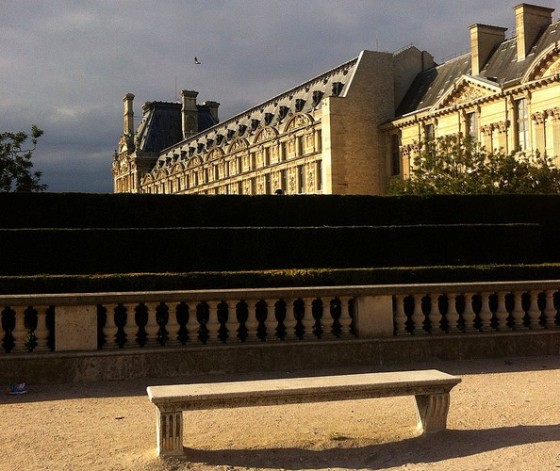

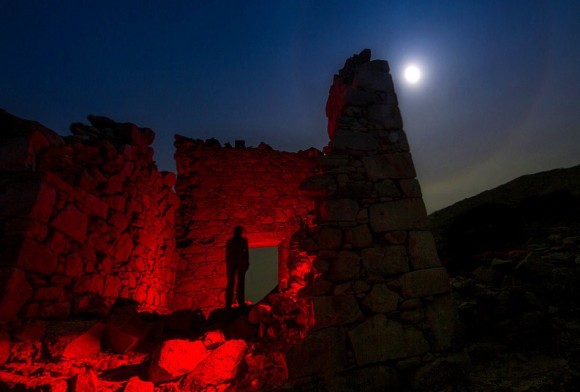
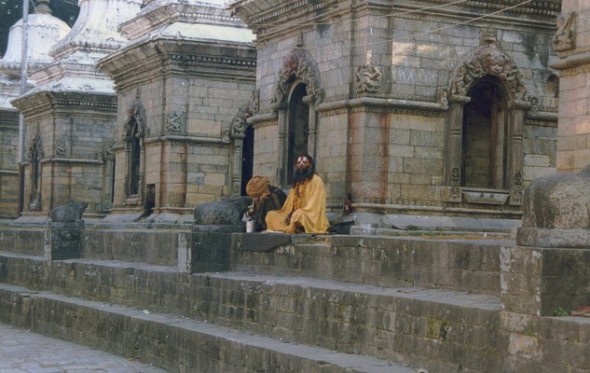
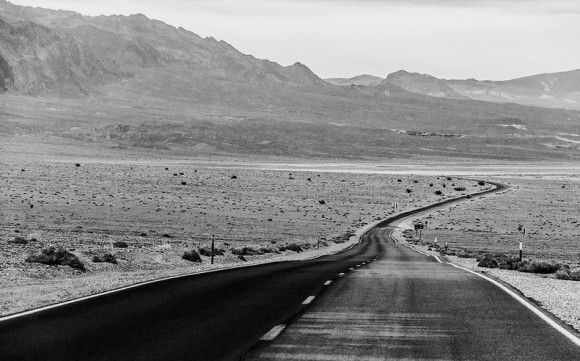



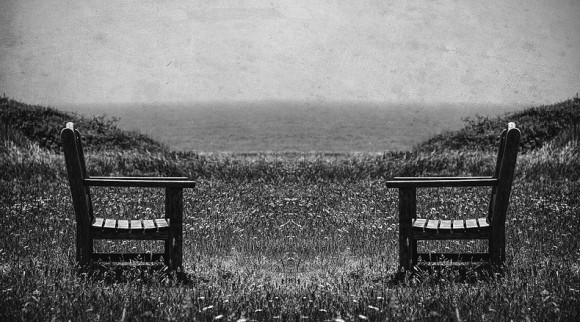











You must be logged in to post a comment Login